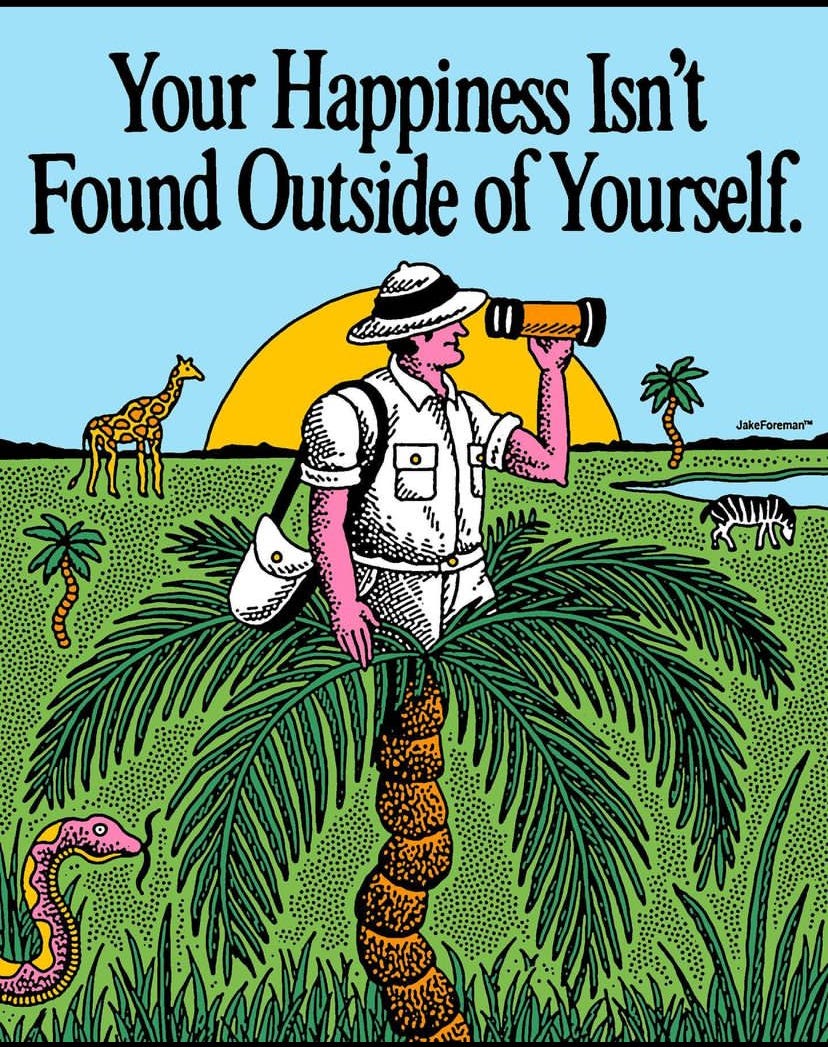Photo by Jakeforeman
Welcome back, everyone! I've just refreshed this article with the aim of offering insights applicable to those embarking on a new school year, starting a new career, or pursuing personal growth this year. Take a look and see how you can apply these insights to your current life.
As we look back on the swiftly passing year, brimming with captivating activities and globally noteworthy stories, it becomes increasingly clear how dynamic our world is. Over these recent months, we've observed events that, two decades ago, might have sparked significant protests and public outcry but for some reason everyone just moves on.
Amidst this chaos, there are two principles that can bring peace and calm to the mind.
Meditation
Meditation, a longstanding mental practice, centers around concentrating on one thing and clearing the mind of distracting thoughts.
Why meditation, you might ask? On a personal level, I've noticed that on mornings when I skip meditation, I often feel scattered and have a more challenging day than anticipated. It's like everything is happening to me, rather than for me.
Many think meditation means clearing the mind entirely and staying perfectly still. A renowned spiritual leader said that the heart of meditation is awareness— being mindful of your thoughts, actions, sights, feelings, and sounds. The more you try not to think about something, the harder it becomes.
Mingyur Rinpoche, a respected spiritual leader, suggests It's tough to think about nothing because even that is something.
Deepak Chopra, an Indian American author, made a statement
“Meditation is not a way of making your mind quiet. It’s a way of entering into the quiet that’s already there.”
This shows that meditation brings clarity and peace that is already within.
I must admit all this did not make sense the first time I heard about it until I grasped the following law of the universe.
The Mirror Principle
The Mirror Principle says our thoughts inside affect what happens outside. In simple terms, if you don't change inside, nothing outside of you will change. Think of it like a mirror: reality mirrors your connection with yourself and how you interact with the world.
For instance, consider a person who struggles with self-confidence. The Mirror Principle says if you don't build inner confidence, you might face challenges in how you interact with others that would mirror that lack of self confidence within.
Ever wonder why sometimes a thought crosses your mind, and then, almost like magic, it unfolds in reality? Some may label it as Deja Vu, but more often than not, it's your mind creating a mental image, and the external world reflects it as it materializes.
On the flip side, let's say someone cultivates a positive and optimistic mindset within themselves. The Mirror Principle says that making positive changes inside can bring more positivity in experiences and relationships outside. It's like sharpening the focus of your inner mirror for a clearer reflection in the outer mirror of your reality.
This means that if we say declare the day good, it's more likely to be successful, following the Mirror Principle.
If you're skeptical, try this over the next four days: begin each day by saying,
"Today is a beautiful day, and it is going to be great." Stick to this mantra for two days. Then, for the next two days, switch to saying, "Today is a terrible day, and bad things are just gonna keep happening."
Never regret a day in your life good days give happiness, bad days give experience, worse days give experience and best days— give memories.
Meditation is an age-old practice, discussed and valued in diverse cultures and religions for thousands of years. It has been emphasized by various figures, from shamans and priests to traditional healers and preachers.
There really is no reason to overcomplicate meditation. It can simply be about finding a calming moment on a seemingly rough day. Meditation can serve as a guiding light and a calming influence. Meditation can empower us to navigate life’s randomness with calmness and clarity.
Try short meditation sessions in the morning or evening, and reflect on your day, noting important moments. with. Here's an easy breathing technique: It is called triangle breathing. breathe in for two seconds, hold for two seconds, and breathe out for two seconds. It's a pattern of Two by Two by Two.
Remember your best decisions are made when you remain calm and focused. What brings calm? Meditation.



